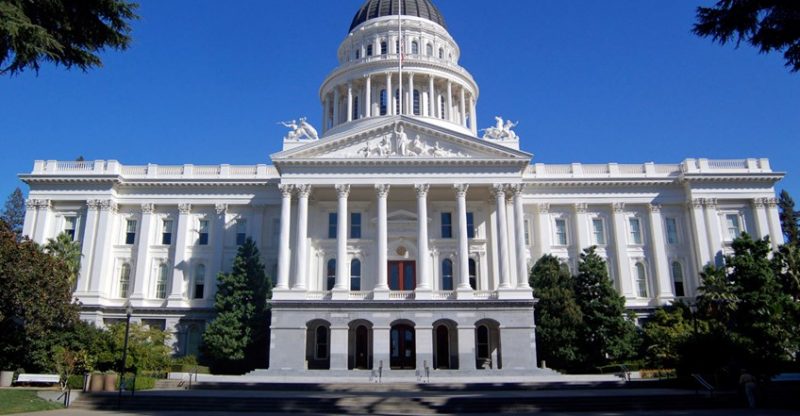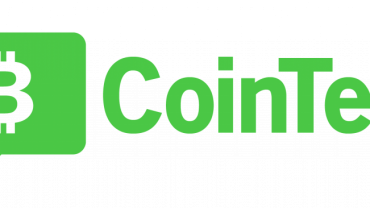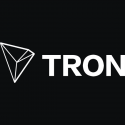California Legislature Could Have Gotten It Wrong Defining Terms Like “Blockchain” And “Smart Contracts”
These days when we talk about Bitcoin, people will have a lot of things to note about it. To some people, it is just a peer-to-peer version of digital currency or electronic cash, as Satoshi intended. While to others, it’s a store of value. However, others see it as a system for remittance. When it comes to Bitcoin’s ledger, that is the blockchain – interpretations are equally divided.
Sometime this week, a draft law was passed for defining various crypto-related technologies. By defining terms like “smart contract” and “blockchain”, they hope that this will lead to crypto-related cases to be handled smoothly in court. The initiative seems well-intentioned, forgiven the proliferation of ICO scammers and crypto criminals, it’s likely that words like “blockchain” will be mentioned in court regularly in the years to come.
“Blockchain technology means distributed ledger technology that uses a distributed, decentralized, shared, and reciprocal ledger, that may be public or private, permissioned or permissionless, or driven by tokenized crypto economics or tokenless,” that definition seems logical enough. It’s in appending Clause (c) to Section 1633.2 of the California Civil Code that things come unstuck. It also reads that “The data on the ledger is protected with cryptography, immutable, and provides an uncensored truth.”
Nonetheless, blockchains do not understand the truth. Because it is an inert and lifeless device, blockchain cannot serve as an arbiter of what is true and what is false. The only thing it can perfectly understand is that which is sent to it as ones and zeros for determining the state of a specific data input. Therefore, blockchains are incapable of collecting the truth. Due to public chains being permissionless, literally, anything can be digitalized and stored on them. One example could be in block 366186 of the bitcoin core blockchain, there is a transaction encoded with the message “9/11 inside job. Earth is flat.”
According to the California Civil Code, that message constitutes uncensored truth. It may seem flippant to pick an extreme example of blockchain mendacity, but it is precisely instances like this that truculent lawyers will seize upon to muddy the waters and have a case delayed or abandoned. This past Tuesday, California Democrat and Assembly member Ian Caldron passed the DLT bill.
The words “blockchain” are buried in Bitcoin’s code, however, that’s as close as Satoshi ever got to the much-maligned term. California might as well define blockchain as “an extremely slow and energy-intensive database,” ”overhyped internet buzzword”, “distributed ledger of bullshit” or “meme clung to by douchebags who completely miss the point of Bitcoin.”





